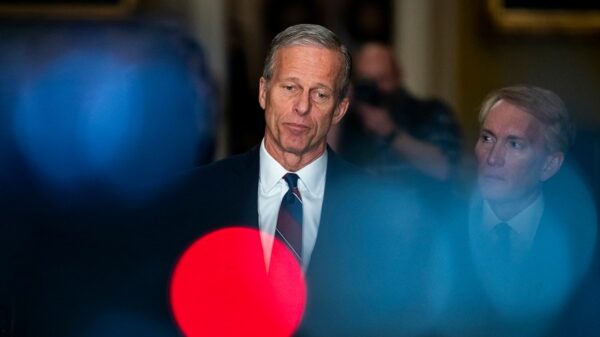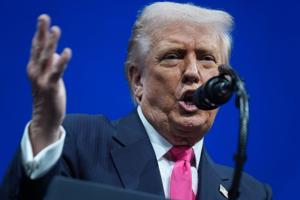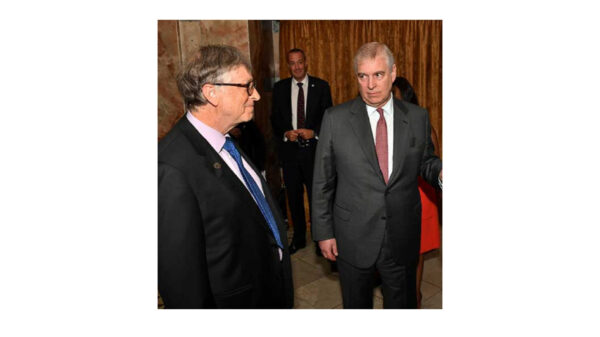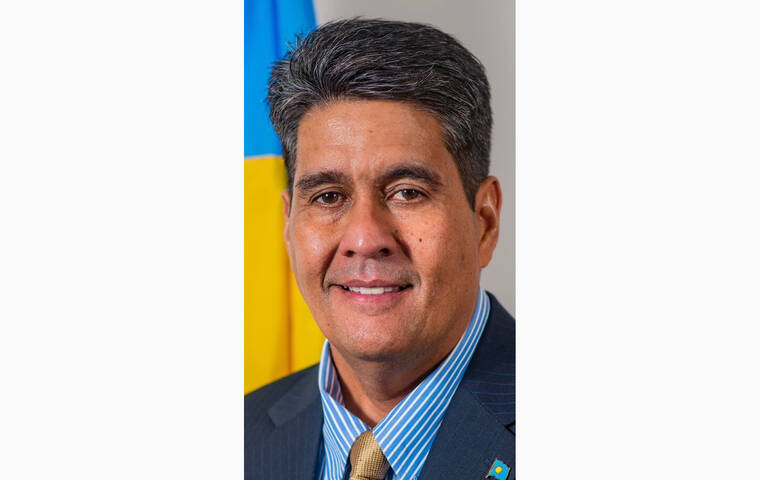During the annual International Military Law and Operations Conference held in Waikiki on September 9, Palauan President S. Whipps Jr. delivered a significant presentation addressing pressing regional issues. His remarks focused heavily on the challenges posed by external influences, particularly from China, which he accused of employing coercive tactics in the Pacific region.
Insights from the Conference
The conference attracted military and legal experts, providing a platform for discussing various geopolitical concerns. President Whipps emphasized the importance of maintaining sovereignty and security in the face of increasing tensions. His insights highlighted how smaller nations like Palau navigate complex international relations, especially amid rising global competition.
In his address, Whipps articulated the need for collaboration among Pacific Islands to counter external pressures effectively. He called for unity and resilience, urging nations to stand firm against coercive tactics that threaten regional stability.
The presentation drew considerable attention, with attendees noting the relevance of the issues discussed, particularly in light of Hawaii’s strategic position in the Pacific. Kevin Knodell, a journalist for the Star-Advertiser, provided an in-depth summary of the president’s remarks, which resonated with many participants.
Community Response
Local residents have expressed gratitude for the coverage of Whipps’ address. One resident, Mamiya St. Louis Heights, praised Knodell’s reporting for its clarity and depth, emphasizing the significance of these discussions for the broader Pacific community. “The issues are crucial for all of us, and it’s vital that they receive the attention they deserve,” said St. Louis Heights.
The Honolulu Star-Advertiser welcomes further community engagement and invites readers to share their thoughts on this important topic. Letters can be submitted to the editor, fostering a dialogue around the challenges facing the Pacific Islands.
As discussions continue, the implications of Whipps’ statements will likely influence both regional policy and international relations in the coming months. The conference served as a critical reminder of the delicate balance that nations in the Pacific must maintain in an increasingly complex global landscape.






































































